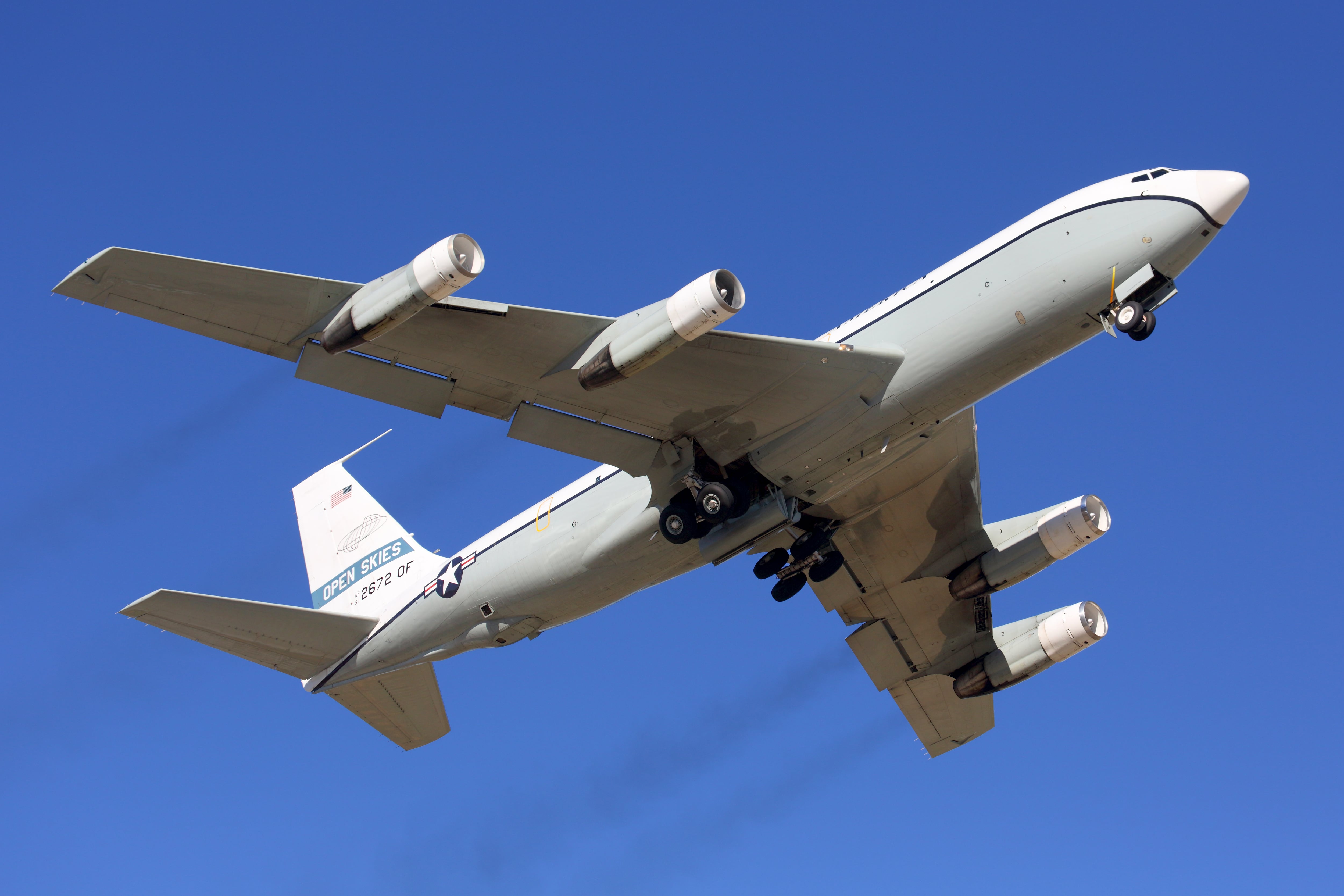WASHINGTON ― Early U.S.-Russia talks on a new nuclear arms control agreement have begun, and the two sides have agreed to an in-person dialogue once the coronavirus pandemic subsides, according to a top U.S. State Department official.
Arms control envoy Marshall Billingslea announced Thursday he is in nascent talks with his Russian counterpart, Deputy Foreign Minister Sergei Ryabkov. The news comes a month after Moscow signaled readiness to include some of its latest nuclear weapons in the last remaining arms control pact between the two countries, if the U.S. agrees to extend the treaty.
“We have concrete ideas for our next interaction, and we’re finalizing the details as we speak," Billingslea said of himself and Ryabkov. "We’ve settled on a venue. And we’re working on an agenda based on the exchange of views that has taken place in our call.”
Arms control advocates and some lawmakers have worried that the Trump administration could let the 2010 New START arms control treaty between the U.S. and Russia expire in 2021, leaving no limits on the world’s two largest nuclear arsenals.
Speaking at a Hudson Institute event, Billingslea emphasized the talks must be based on U.S. President Donald Trump’s vision for a trilateral arms control agreement that includes China along with the U.S. and Russia.
Billingslea said that emphasized to Ryabkov "the crucial roles that verification and compliance play in making arms control effective. But above all, I made perfectly clear that it is our expectation that Russia help us to bring China to the negotiating table.”
While there have been no concrete signs China will take part in trilateral talks, Billingslea argued that Beijing has both an obligation to negotiate over its weapons under the Treaty on the Non-Proliferation of Nuclear Weapons and should view the talks as a venue to be seen as a great power.
But Moscow has a motive to avoid a three-way arms race, Billingslea said.
China, he warned, is “in the midst of a sizable buildup,” and, “like Moscow, is intent on building up its nuclear forces and using those forces to try to intimidate the United States and our friends and allies” ― all while presenting a so-call Great Wall of Secrecy on its weapons programs.
“Beijing has stubbornly refused to share any significant information about its plans, capabilities and intentions regarding its move to a triad of delivery vehicles, a launch-on-warning posture, and exploration of low-yield nuclear weapons,” Billingslea said.
Trump appointed Billingslea as special presidential envoy for arms control on April 10. He previously led anti-money laundering and counterterrorist financing efforts at the U.S. Treasury Department.
RELATED

Russian President Vladimir Putin had offered to extend the New START agreement, which expires in February 2021. The Trump administration has pushed for a new pact that would include China as a signatory, but Moscow described that goal as unrealistic given Beijing’s reluctance to discuss any deal that would reduce its much smaller nuclear arsenal.
Billingslea declined to say whether or not he would recommend an extension to New START if China is not involved.
Billingslea criticized Russia’s deployment of the SSC-8, a short-range, nuclear-ready cruise missile. Under any new agreement, Russia would have to adhere to the pledged reductions in theater-ranged systems, including elimination of all its nuclear warheads for ground-based tactical missile systems, he said.
New START, Billingslea said, suffers from “verification inadequacies.” A goal of the new talks, he said, is for Russia to agree to provide telemetry on new systems it’s developing and agree to close “exploitable loopholes with on-site inspection procedures and the length of time given before inspectors are allowed to the location in question.”
During a call with U.S. Secretary of State Mike Pompeo on April 17, Ryabkov said that Russia’s new Sarmat heavy intercontinental ballistic missile and the Avangard hypersonic glide vehicle could be counted along with other Russian nuclear weapons under the treaty.
The Sarmat is still under development, while the first missile unit armed with the Avangard became operational in December.
The Russian military has said the Avangard is capable of flying 27 times faster than the speed of sound and could make sharp maneuvers on its way to a target to bypass missile defense systems. It has been fitted to the existing Soviet-built ICBMs instead of older-type warheads, and in the future could be fitted to the more powerful Sarmat.
As Congress mulls future defense budgets, Billingslea said it should steer away from cuts to nuclear modernization, which would rob the U.S. of leverage in its arms control negotiations.
“It would be incredibly counterproductive, and I would urge them not to do it,” Billingslea said. “I would also say that such cuts, given what I’ve said about the Chinese buildup, would be extremely ill-advised.”
The Associated Press contributed to this report.
Joe Gould was the senior Pentagon reporter for Defense News, covering the intersection of national security policy, politics and the defense industry. He had previously served as Congress reporter.








